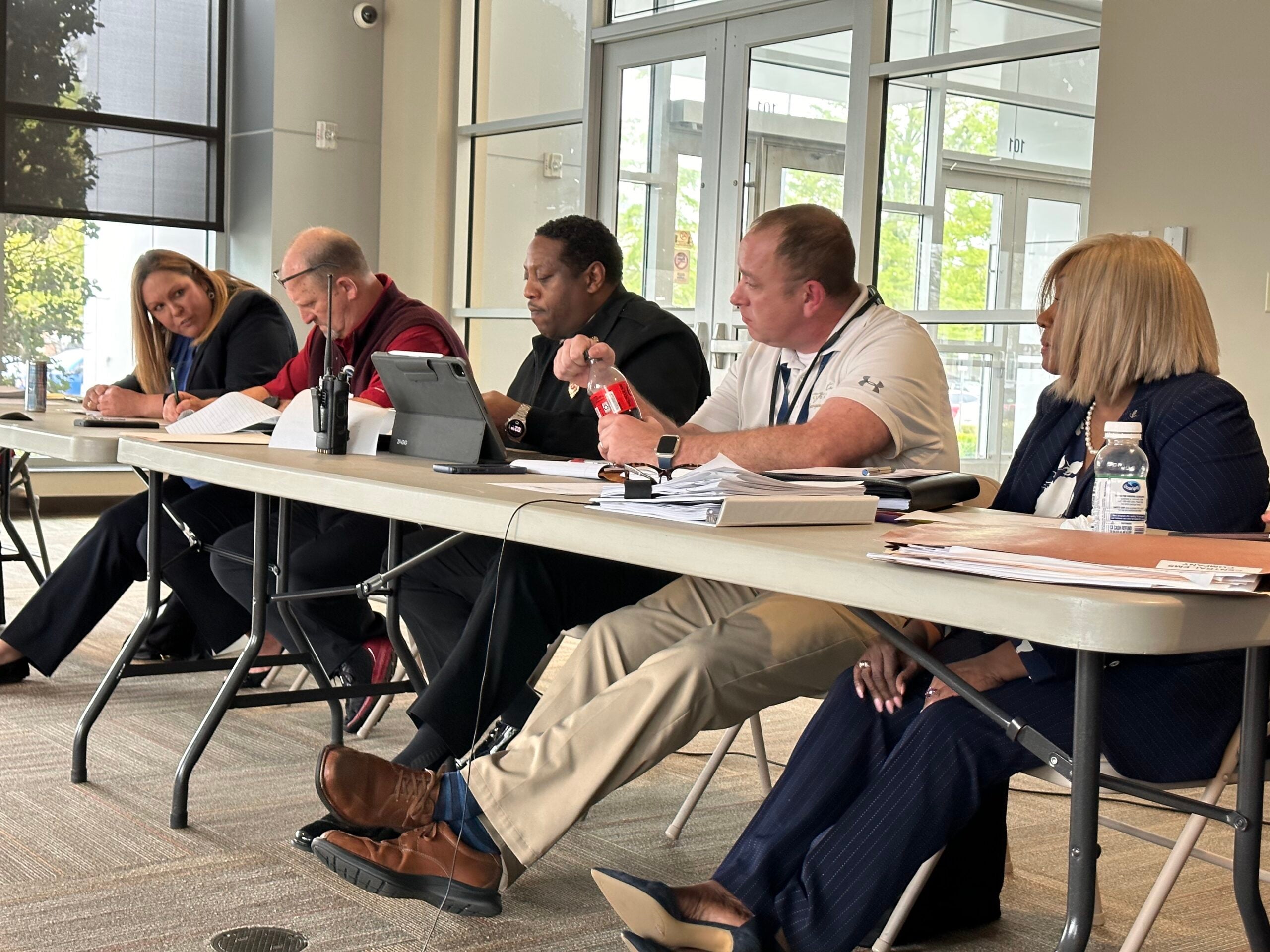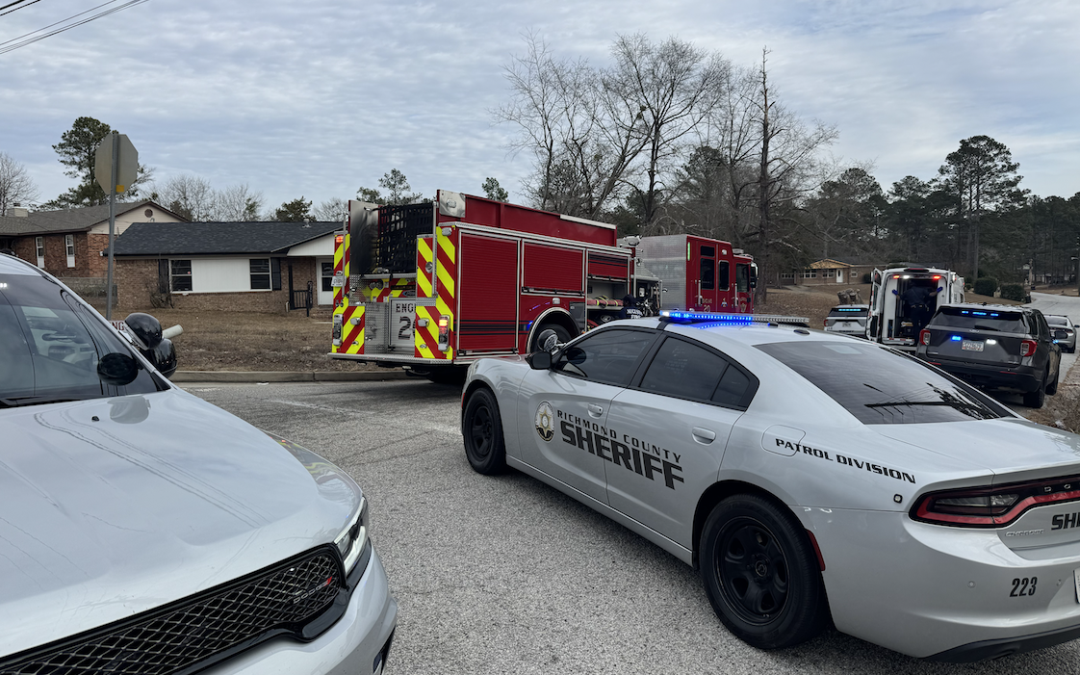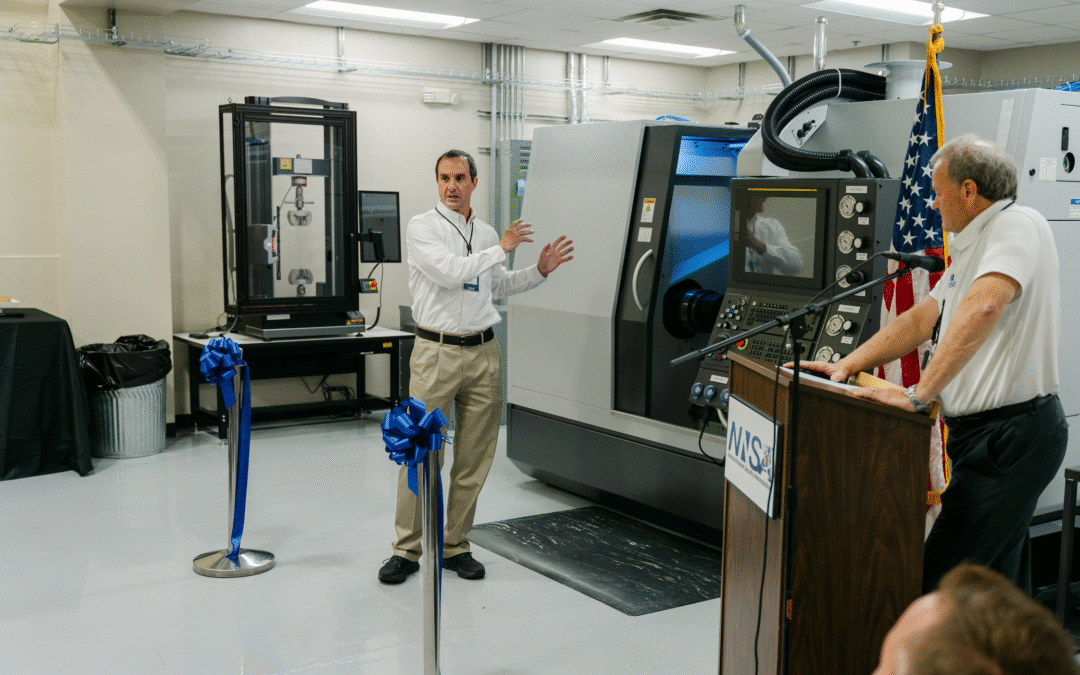Pushed up a week and still missing ambulance dispatch data, officials with Central EMS said a functioning ambulance service will be in place April 22.
“Our foot’s been on the pedal the whole time. We will not leave the citizens without ambulances,” said Robby Atkins, southeast regional president for Priority EMS, Central’s parent company.
The state set a May 8 deadline for Augusta’s new EMS provider to be operational when it approved Central as the license holder. The company was prepared to start by May 1, but when current provider Gold Cross decided to leave before the end of the month, Central moved its start date up as well.
Officials with Central and Priority met a second time Wednesday with a city subcommittee charged with steering creation of the new service.
At the meeting a consultant hired to analyze Augusta EMS call data, Jonathan Washko, said the data showed a ‘“pretty tremendous amount of skewing,” making it harder to model a new system for Augusta.
Ambulance demand times were “pretty consistent,” he said, while “the amount of time that ambulances are spending on calls seems to be not in line with what one would expect.”
Washko said he’s awaiting another state data set that may clear things up, while they can collect and use new data once the service starts.
“Right now, we have what we have, and we’re going to do our best,” he said.
Having the data is key to estimating where and how many ambulances are staged at any given moment in Augusta to meet response time goals, said Gary Coker, president of Roswell-based Central.
The number of ambulances factors heavily into the amount Central will ask Augusta to pay to subsidize what it is able to collect from patients.
“Not having the data makes it where we can’t tell how many ambulance calls we have. If we can’t tell how many ambulance calls, how do we know how many ambulances to put on to meet a reasonable response time?” Coker said.
Also figuring in is who dispatches the EMS calls. Interim City Administrator Takiyah Douse, who chairs the subcommittee, asked Wednesday what would happen if the Augusta Commission decides 911 can’t dispatch the ambulances.
“That may add to the cost to the county,” Coker said. “It is a better system for it to go through 911. You don’t have that loss of time and it’s quicker and less expensive.”
Currently, when someone calls 911 for emergency medical care, a dispatcher takes the caller’s information then forwards the call to Gold Cross’ separate dispatch center.
Augusta 911 Director Daniel Dunlap said transferring the calls to a secondary dispatcher “easily adds on one minute and 15-30 seconds on average.”
Dunlap said his staff is certified to dispatch emergency medical calls, but hadn’t done so during his six-year tenure.
Augusta Fire Chief Antonio Burden, who serves on the subcommittee, said the department had identified eight stations where the ambulances could be housed and three more for quick-response EMS vehicles.










